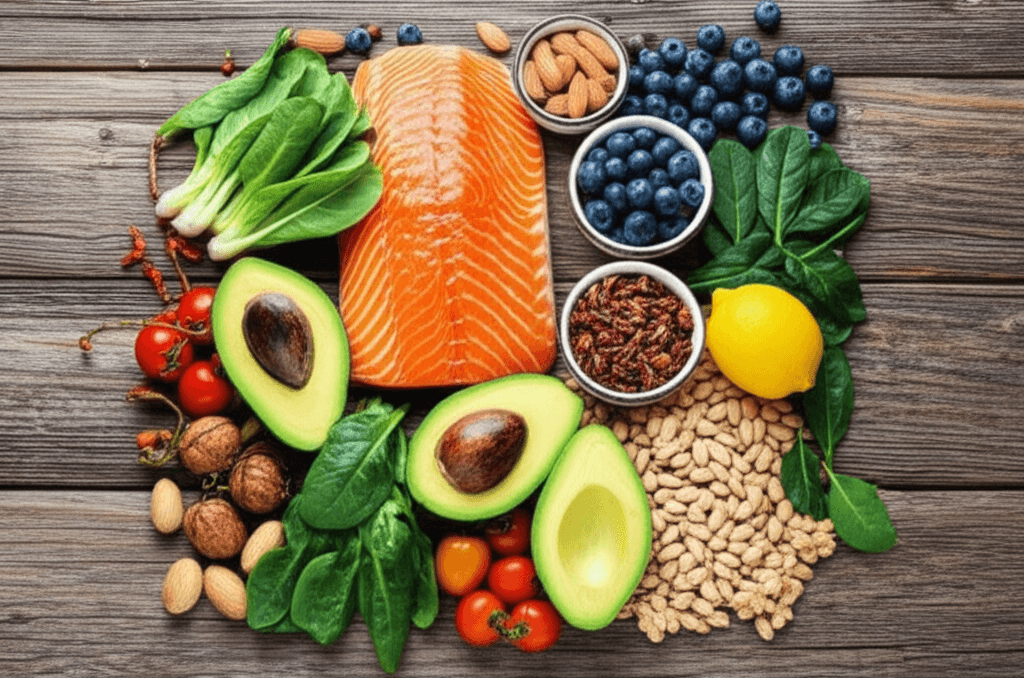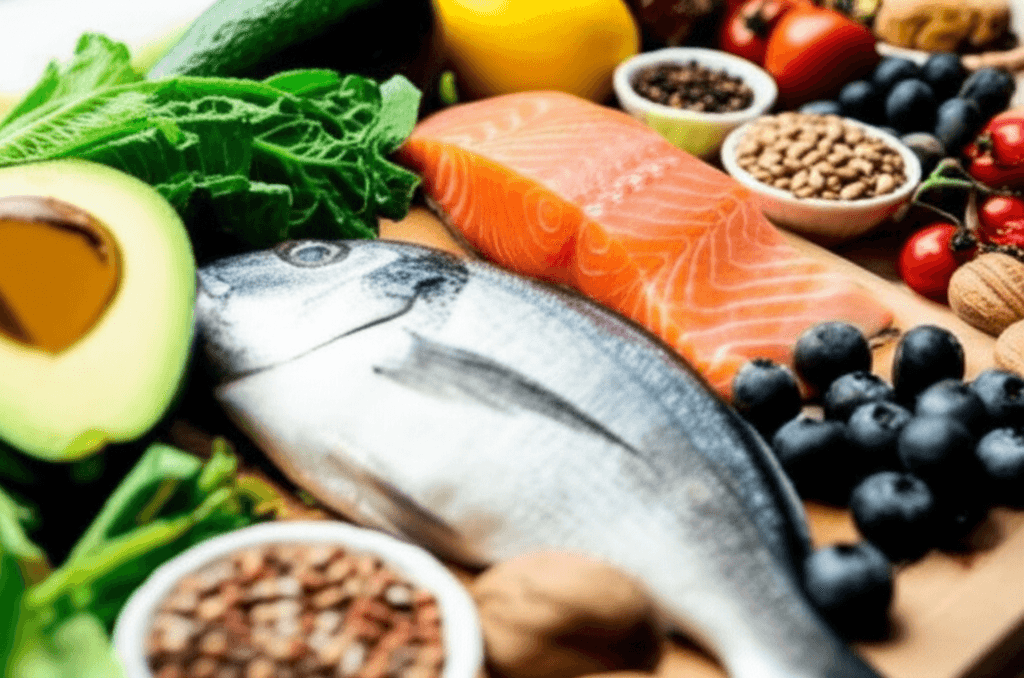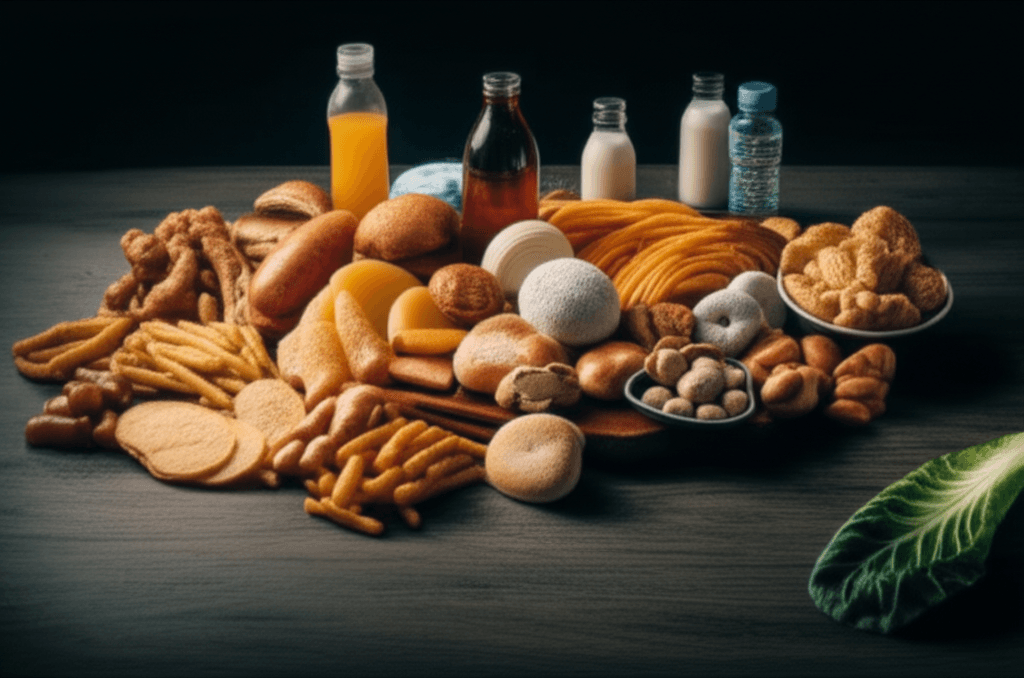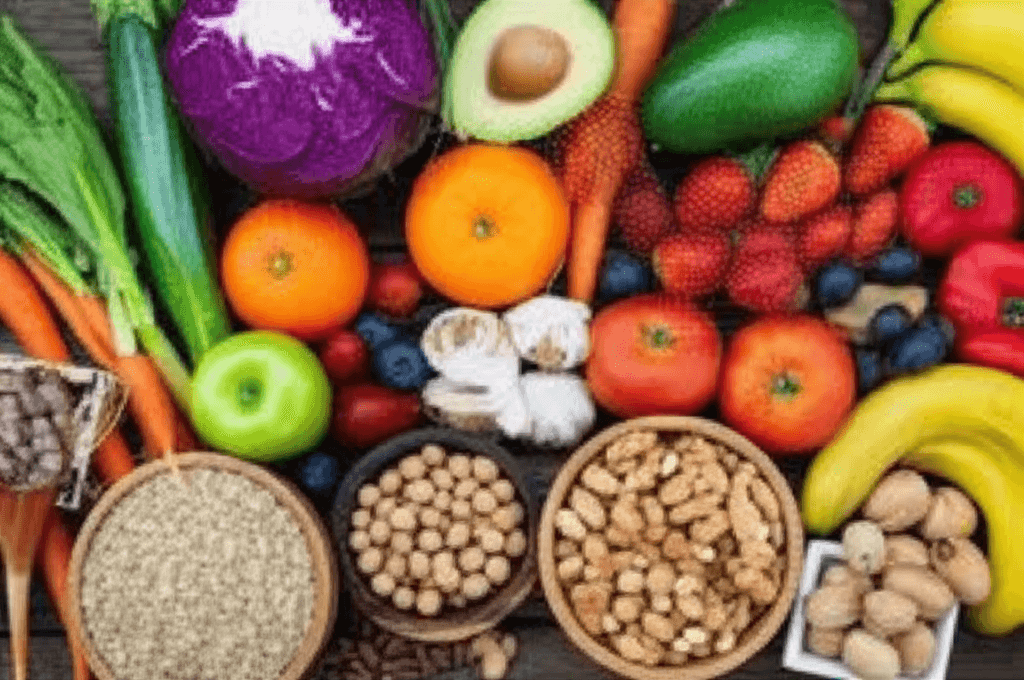As we observe World Mental Health Day 2025, with a timely reflection on “Access to Services – Mental Health in Catastrophes and Emergencies,” it’s crucial to acknowledge an often-underestimated connection: the profound interdependence between what we eat and our mental well-being. While discussions frequently center on therapy and medication, the fuel we provide our bodies plays a significant role in our mood, cognitive function, and resilience against stress and anxiety.
Emergencies and daily stressors can disrupt food systems, leading to food insecurity, which in turn exacerbates mental health challenges. However, even in stable times, a nutrient-poor diet can contribute to fatigue, irritability, and symptoms of anxiety or depression. Conversely, a diet rich in essential vitamins, minerals, and healthy fats can support neurotransmitter production, reduce inflammation, and foster a healthier gut-brain axis, ultimately enhancing our mental fortitude.

The Powerful Gut-Brain Axis: A Two-Way Street
The intricate relationship between our gut and our brain, often termed the “gut-brain axis,” is a key area of growing research in mental health. This bidirectional communication system involves direct neural connections, immune signaling, and the production of neurotransmitters. Trillions of microorganisms residing in our gastrointestinal tract, collectively known as the gut microbiota, significantly influence this axis.
Dysbiosis, an imbalance in the gut microbiome, has been linked to neuropsychiatric illnesses such as depression and anxiety. Approximately 90% of the body’s serotonin, a crucial neurotransmitter that acts as a mood stabilizer, is synthesized by enteroendocrine cells in the gut. Therefore, nurturing a healthy gut environment through diet can directly impact mood regulation and overall mental well-being.

Key Nutrients for a Healthier Mind
Specific nutrients are vital for optimal brain function and mood regulation. Ensuring adequate intake of these can significantly bolster mental resilience.
Omega-3 Fatty Acids: Brain’s Essential Fuel
Omega-3 fatty acids, particularly EPA (eicosapentaenoic acid) and DHA (docosahexaenoic acid), are crucial for brain function and development throughout all stages of life. These healthy fats are integral components of brain cell membranes, preserving their health and facilitating communication between brain cells. Low omega-3 levels have been reported in individuals with psychiatric disorders, and research suggests that regular consumption of omega-3s is associated with a lower likelihood of depression. They also possess powerful anti-inflammatory properties that can protect the brain and reduce symptoms of depression and anxiety.
- Sources: Fatty fish like salmon, mackerel, and sardines are excellent sources. Other sources include flaxseeds, chia seeds, walnuts, and pumpkin seeds.
B Vitamins: Mood Regulators and Energy Boosters
B vitamins, including B1 (thiamine), B6 (pyridoxine), B9 (folate), and B12 (cobalamin), are indispensable for optimal brain health and directly influence mood. They play roles in converting food into energy, supporting healthy brain function, and synthesizing neurotransmitters like serotonin and dopamine, which are critical for mood regulation. Deficiencies in B vitamins have been linked to an increased risk of depression.
- Sources: Whole grains, leafy green vegetables, lean meats, eggs, fish, and legumes are rich in various B vitamins.
Magnesium & Zinc: The Calming Minerals
Magnesium and zinc are essential trace elements that have beneficial effects on mood and memory. Magnesium is involved in over 300 enzyme pathways, many of which regulate vital brain functions and influence serotonin levels. Magnesium deficiency is widespread and has been associated with depression, anxiety, irritability, and insomnia. Zinc is critical for normal brain function, with low levels being strongly correlated with an increased risk of depressed mood. Both minerals modulate the activity of the hypothalamic-pituitary-adrenal (HPA) axis, which is closely related to emotional regulation.
- Sources: Magnesium can be found in leafy greens, nuts, seeds, whole grains, and dark chocolate. Zinc-rich foods include meat, shellfish, legumes, nuts, and seeds.
Tryptophan: The Serotonin Precursor
Tryptophan is an essential amino acid that the body converts into serotonin, a neurotransmitter that helps control mood and sleep. While tryptophan can be found in many protein foods, its conversion to serotonin in the brain is more effective when consumed alongside carbohydrates, as other amino acids compete for transport across the blood-brain barrier.
- Sources: Tryptophan is present in most protein foods such as turkey, chicken, fish, eggs, cheese, tofu, nuts, seeds (especially cashews, pistachios, and almonds), beans, and lentils.
Antioxidants: Protecting Brain Cells
Antioxidants protect cells from damage caused by free radicals and oxidative stress, a process that can contribute to cognitive decline and mood disorders. The brain, with its high oxygen consumption, is particularly susceptible to oxidative damage, which may increase the likelihood of developing depressive episodes.
- Sources: Colorful fruits and vegetables, spices like turmeric (especially with black pepper), oregano, rosemary, and ginger, and green tea are rich in antioxidants.

Beneficial Dietary Patterns for Mental Health
Adopting a holistic dietary approach can yield greater benefits than focusing on individual nutrients alone.
The Mediterranean Diet: A Blueprint for Well-being
The Mediterranean diet, celebrated for its overall health benefits, has strong evidence supporting its positive impact on mental health. This eating pattern emphasizes whole foods, particularly fruits, vegetables, whole grains, legumes, nuts, seeds, and healthy fats (like olive oil). It also includes fish and seafood at least twice a week, while limiting red meats and processed foods. Studies have shown that adherence to the Mediterranean diet can lead to improvements in mental well-being, reduced symptoms of stress and anxiety, and a lower risk of depression. The benefits are linked to its anti-inflammatory properties and positive effects on gut health.

Foods to Limit or Avoid for Optimal Mental Health
Just as some foods boost mental well-being, others can detract from it. Limiting or avoiding certain items can help maintain emotional balance.
Processed Foods, Sugary Drinks, and Refined Carbohydrates
Diets high in processed meats, fried foods, refined cereals, candy, pastries, high-fat dairy products, and sugary drinks are associated with an increased likelihood of anxiety and depression. These foods can cause rapid blood sugar spikes and crashes, leading to mood swings, irritability, and fatigue. They often lack nutritional value and can contribute to inflammation and disrupt the gut microbiome, both of which are linked to poorer mental health.
Unhealthy Fats
Trans fats, often found in fried foods, pizza dough, cakes, cookies, and crackers, have been linked to depression. Instead, prioritize healthy fats from sources like fish, olive oil, nuts, and avocados, which can help lift your mood.
Excessive Caffeine and Alcohol
While small amounts of caffeine may be fine, too much can trigger anxiety symptoms, restlessness, and sleep issues, especially in sensitive individuals. Alcohol is a depressant and can disrupt sleep, increase anxiety, and worsen symptoms of depression.

Practical Tips for Boosting Mental Well-being Through Nutrition
Making sustainable dietary changes can significantly improve your mental health.
- Prioritize Whole Foods: Focus on a diet rich in fruits, vegetables, whole grains, lean proteins, and healthy fats. Aim for vegetables and greens to make up at least 50% of your plate at each meal.
- Embrace Fiber: Foods rich in fiber, such as vegetables, greens, seeds (flax, chia), and cooked and cooled potatoes, feed beneficial gut bacteria, promoting proper intestinal transit and a healthy gut microbiome.
- Stay Hydrated: Drinking enough water is fundamental for overall health and can help reduce symptoms of mental distress.
- Mindful Eating: Avoid eating in front of screens, and instead, sit down, relax, and savor your food to prevent overeating and improve digestion.
- Plan Ahead: Stock your refrigerator and pantry with easy-to-reach healthy snacks like fruit, nuts, hard-boiled eggs, and yogurt to make healthy choices more convenient, especially during stressful or busy days.
- Limit Processed & Sugary Items: Actively reduce your intake of refined sugars, processed foods, and unhealthy fats. Read labels carefully to identify hidden sugars and artificial additives.
- Consider Fermented Foods: Incorporate fermented foods like plain yogurt with live cultures, kimchi, miso, and pickles to introduce beneficial probiotics to your gut.
- Cook at Home: Preparing your own meals allows you to control ingredients and avoid unhealthy additives often found in restaurant or fast food.
On World Mental Health Day 2025 and beyond, let us remember that nourishing our bodies with wholesome foods is a powerful, accessible step towards fostering a resilient mind. While nutrition is not a standalone cure for mental health conditions, it is an indispensable component of a holistic approach to well-being, working in concert with other healthy habits like exercise, adequate sleep, and professional mental health support.







